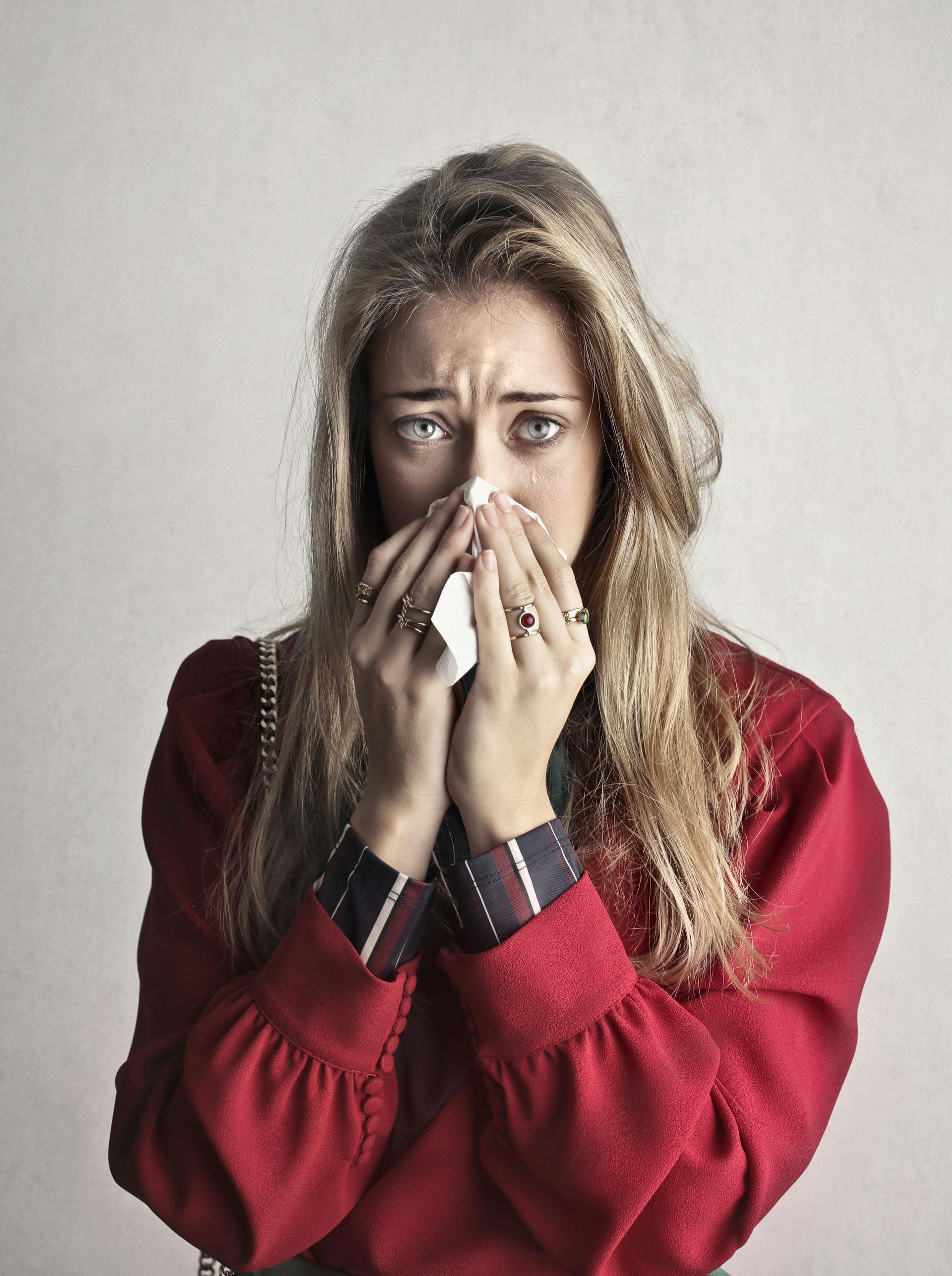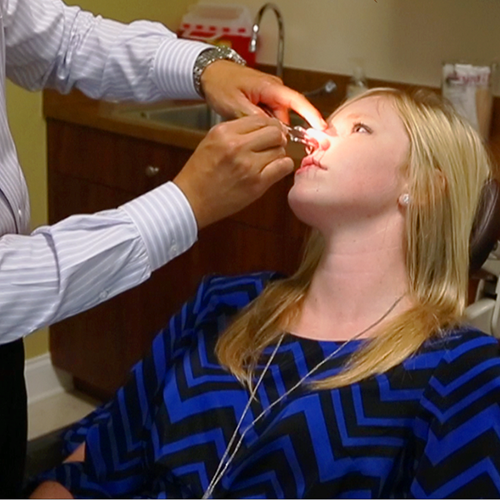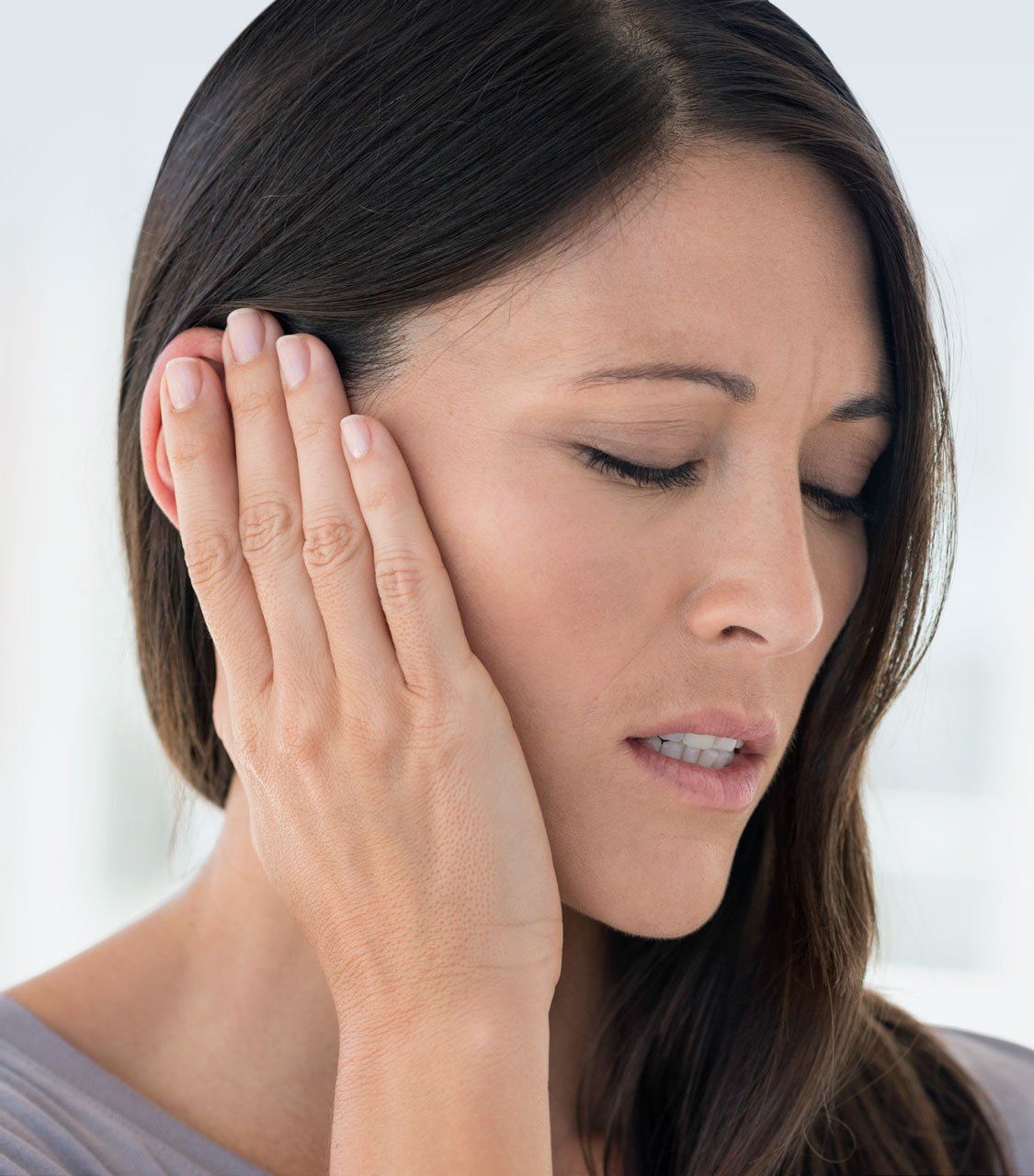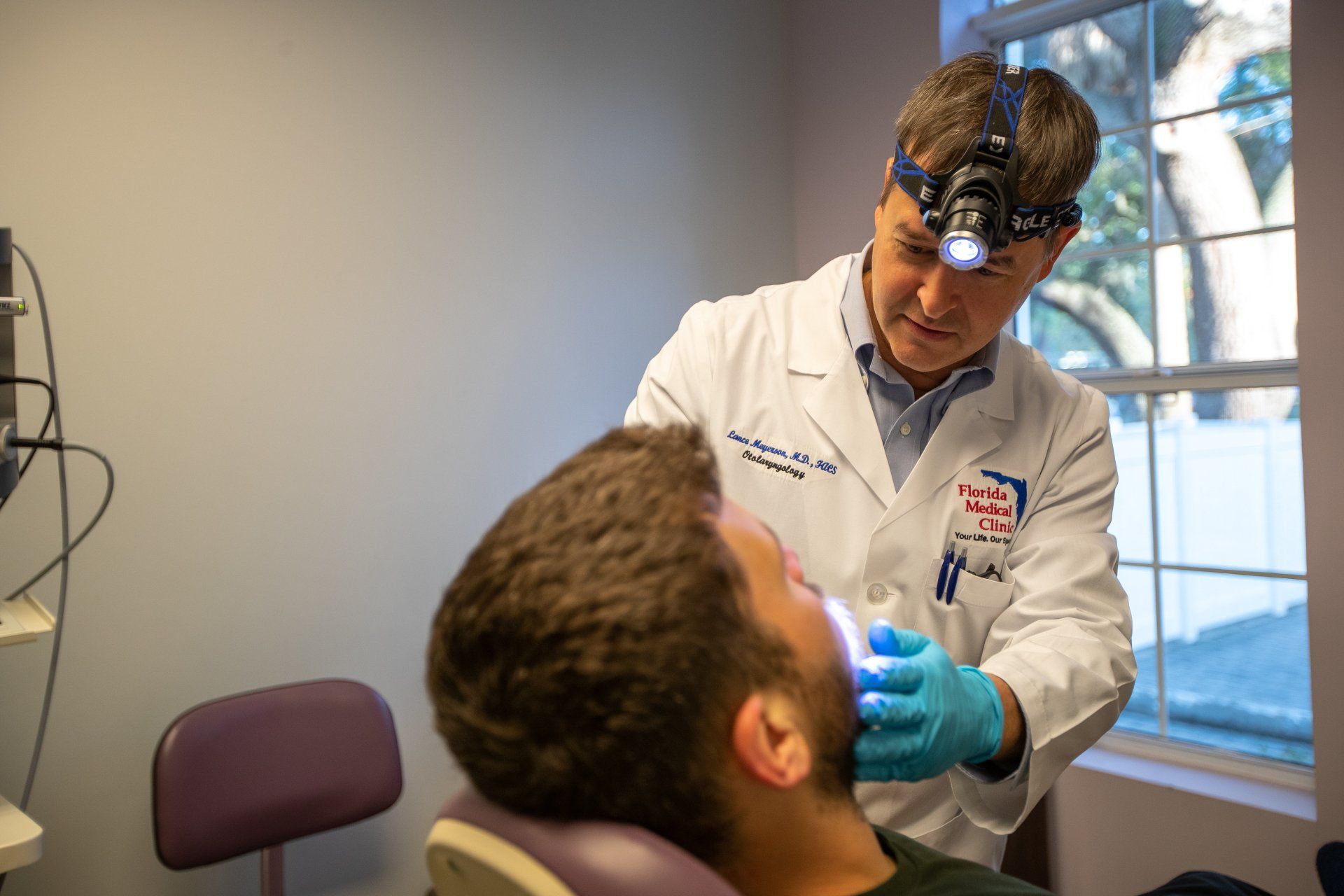Its Allergy Season...What Can I Do To Alleviate My Allergies?

Ah, allergy season—definitely not fun! But there are plenty of things you can do to alleviate your symptoms:
1. Over-the-Counter Antihistamines
2. Nasal Sprays
3. Eye Drops
4. Limit Outdoor Exposure
5. Shower After Being Outside
6. Use an Air Purifier
7. Keep Your Home Clean
8. Allergy Shots (Immunotherapy)
9. Stay Hydrated
10. Diet and Supplements
If your symptoms persist, it might be a good idea to see a doctor or an allergist for more targeted treatments. How are your allergies affecting you?
Could It Be Cold, Flu Or Allergies?
It can be tricky to tell the difference between cold, flu and allergies, since some symptoms overlap, but there are a few key differences you can look for:
Flu Symptoms:
Fever: One of the most common flu symptoms. Typically, the flu comes with a high fever (100.4°F or higher).
Chills and Body Aches: Flu often causes muscle aches, chills, and fatigue.
Sudden Onset: Flu symptoms tend to come on suddenly, often within a few hours.
Fatigue: The flu often leaves you feeling very tired and weak, sometimes lasting for days.
Cough: A dry or productive (with mucus) cough can occur with the flu.
Sore Throat: This is also a common flu symptom, and it might come with difficulty swallowing.
Allergy Symptoms:
No Fever: Allergies do not cause fever, so if you have a fever, it’s likely not allergies.
Sneezing: Frequent sneezing, especially when exposed to allergens (like pollen), is a classic allergy symptom.
Itchy Eyes, Nose, or Throat: This is one of the hallmark signs of allergies.
Clear Nasal Discharge: If your nose is runny, the mucus is typically clear with allergies, while a more thick, yellow or green mucus might indicate an infection like the flu.
Symptoms Triggered by Exposure: Allergies tend to flare up when you’re exposed to allergens (pollen, dust, pet dander, etc.) or during certain times of year (like spring or fall).
How to Tell the Difference:
If you have a fever: It's more likely to be the flu or some kind of viral infection.
If symptoms are seasonal and involve itchy eyes or sneezing: It's more likely to be allergies.
If you're feeling extremely tired and weak: Flu could be the culprit, as allergies don’t usually
cause such intense fatigue.
If you have a high fever, persistent cough, or severe body aches, it’s worth seeing a doctor to rule out the flu or other infections. If your symptoms last for several weeks without a fever and are triggered by certain environmental factors, it’s likely allergies.
What Kind of Doctor Should I See
For allergies, the best specialist to see:
Primary Care Doctor: If your symptoms are mild or just starting, you could first visit your primary care physician (PCP). They can help determine whether it’s allergies or something else, and they may be able to offer basic treatments or refer you to an allergist or ENT if needed.
Allergist (also called an immunologist): Allergists specialize in diagnosing and treating allergies, asthma, and immune system disorders.
Ear, Nose, and Throat (ENT) Specialist: If your allergies are causing significant sinus issues, chronic sinus infections, or affecting your ears and throat, an ENT (also known as an otolaryngologist) may be helpful. They can evaluate any complications that allergies may be causing.
When it comes to a severe allergic reaction (e.g., difficulty breathing, swelling of the face or throat, hives), you should go to the emergency room immediately, as it could be anaphylaxis, a life-threatening allergic reaction.
Schedule your consultation with Meyerson Sinus Center at one of our three convenient Tampa locations to get a head start on allergy season. Address your sinus issues today. Call us at (813)775-4176 and be on your way to happy and healthier you!









Are You Experiencing Hearing Problems and Wondering Whether You Should See an ENT or an Audiologist?


